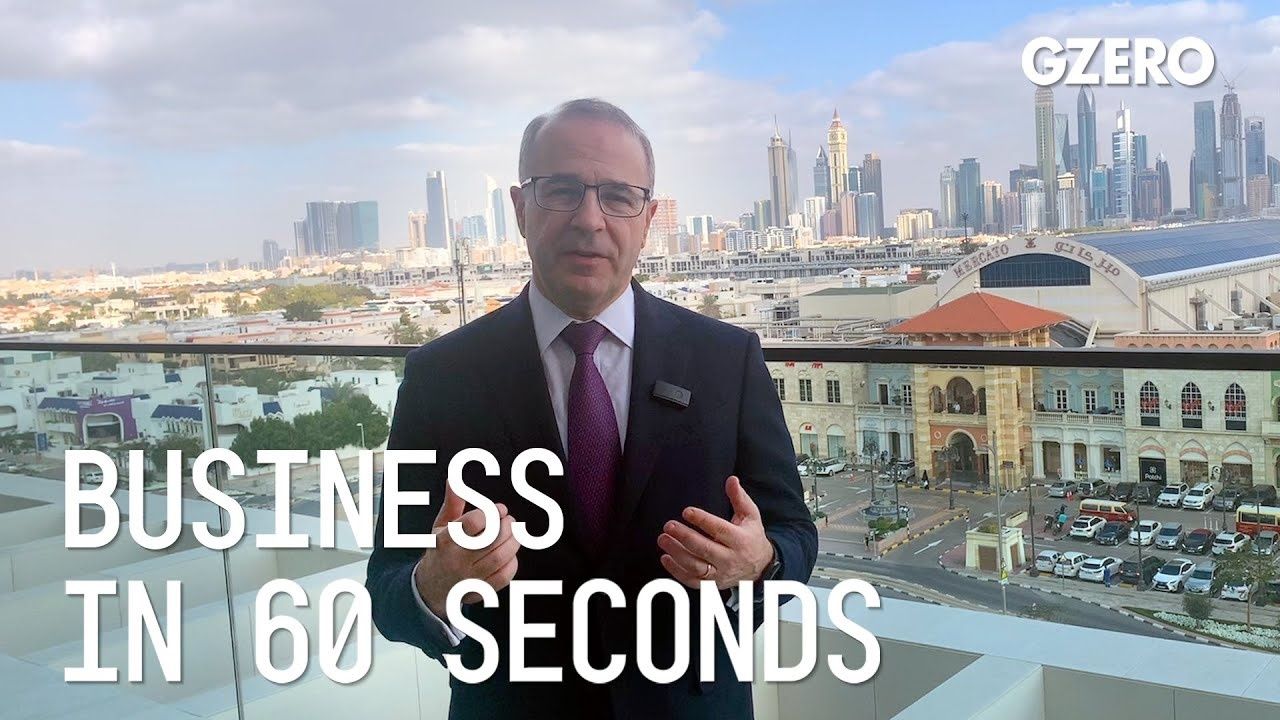March 05, 2020
Kevin Sneader, global managing partner for McKinsey & Company, provides perspective on how CEOs think:
What's on the mind of 21st century CEO leaders?
First question, what's my mission and how do I explain it to the world? Secondly, to whom are we accountable, shareholders are stakeholders? Thirdly, what's the right time horizon in which to think about the investments we make and the returns we earn? Fourthly, who benefits? How do we think about the way in which benefits get shared, whether it's compensation or the broader dividends that our company generates? Fifthly, how do I think about the workforce, the way in which the workforce is being changed through technology and the implications for the benefits and employment that workers enjoy? Six, how do I think about inclusion?
Is this just something on the edge or core to business? Sustainability, has it stayed calm or is it so something we can worry about for tomorrow's generation? Geopolitics, how do they influence where we manufacture and our supply chain? And lastly, in a world that's ever more divided, what does that mean as a business leader? Do I have a responsibility to do something about it? Or just look after the shareholders who have long been the guardians of my company?
From Your Site Articles
More For You
- YouTube
For many in Iran, it’s a waiting game for how long Ayatollah Khamenei has left to live.
Most Popular
An army soldier stands guard at a post at the Friendship Gate, following exchanges of fire between Pakistan and Afghanistan forces, at the border crossing between the two countries in Chaman, Pakistan February 27, 2026. Picture taken with a mobile phone.
REUTERS/Abdul Khaliq Achakzai
In a 30-minute call on Thursday, President Donald Trump reportedly told Ukrainian President Volodymyr Zelensky he wants to end the war with Russia as soon as possible — aiming for a deal by summer, but ideally within weeks.
Former British ambassador to the U.S. Peter Mandelson leaves his residence after he was released following his arrest by London police on Monday on suspicion of misconduct in public office, following the release of U.S. Justice Department files linked to the late financier and convicted sex offender Jeffrey Epstein, in London, Britain, February 26, 2026.
REUTERS/Toby Melville
The ghost of Jeffrey Epstein continues to haunt the world.
Think you know what's going on around the world? Here's your chance to prove it.
© 2025 GZERO Media. All Rights Reserved | A Eurasia Group media company.
